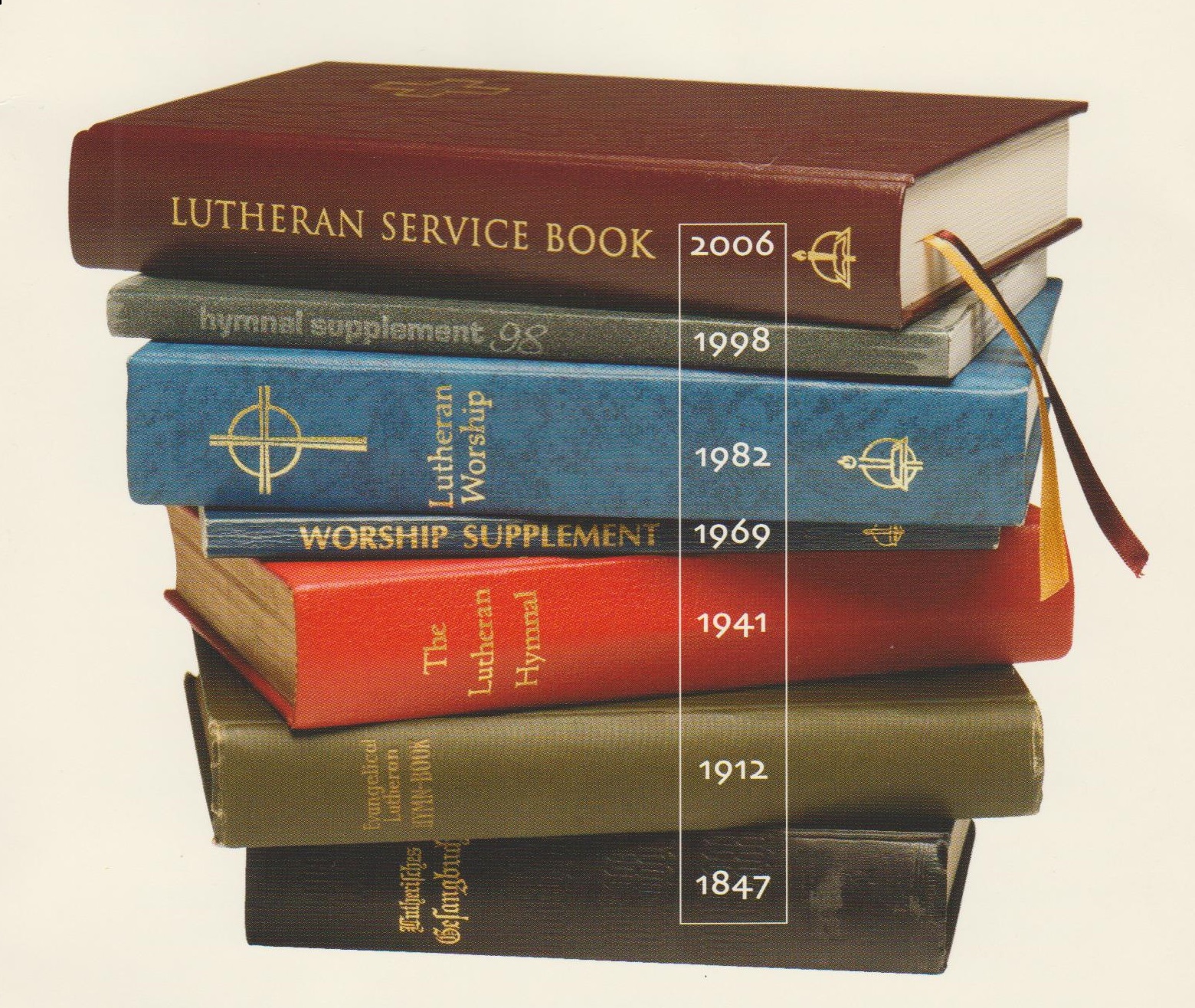Why bother? Pastor Mark Surburg offers a hint of the reason.
While LCMS members today assume that the Nunc Dimittis will be used as a post-communion canticle, it arrived very late in general usage in the synod. As one would expect, Church Liturgy - the 1881 English translation of Walther’s German agenda (1856) – did not include it. However, the Evangelical Lutheran Hymn-Book (1889) which was the LCMS’s first English hymnal, did have the Nunc Dimittis (we see here the influence of the Common Service). The Nunc Dimittis has appeared in every LCMS order of service since then. It entered into common usage through The Lutheran Hymnal (1941), which adopted the Common Service (1888). For more details on this history, see Lutheran Service Book: Companion to the Services, 635-636.
In other words, within a generation or so, the Lutheran Church Missouri Synod went from seeing the Nunc Dimittis as novelty to one of the most esteemed parts of the ordinary. While there is no dispute that this change was salutary, even logical and laudable, it does show how quickly changes become normative. If for this reason only, it is worth our time and energy to undertake a serious and careful review of LSB and to consider its successor or at least the timing of that book so that we will not be found unprepared. It may be that we decide officially to wait a little longer and that is fine but it may also be that we realize that there are things that could and should be changed, even improved. Books do not last forever. In my own parish we have already replaced some books due to the simple wear and tear of regular use. If we wait much longer, the worn copies of LSB will be replaced with new copies of the same book and make congregations even more reluctant to think about a new worship book.
When the time came to consider a replacement with LW, a group of scholars and pastors and interested parties met to discuss what it might be and if then was the right time. At least that should happen now. The principal voices behind LSB are still here teaching at the seminaries and, though some sterling voices for Lutheran liturgical integrity have passed, new ones will be found. At least it is worth our consideration. Just a few things for us to consider. . . as we walk through another Lent.

No comments:
Post a Comment